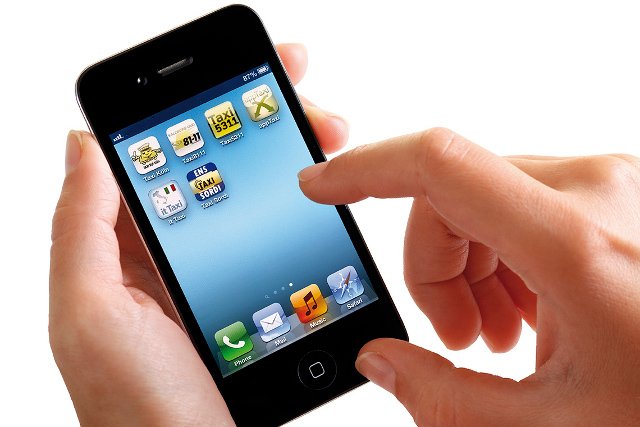Children across Donegal are shunning sport and activity in favour of their smartphones, according to a new survey of parents in Ireland.
The research, commissioned by Kellogg’s GAA Cúl Camps, revealed that one-third of parents are concerned their child is not active enough.
Cúl Camps are taking place across Donegal this summer but hundreds of Donegal kids will prefer to spend their free time on their phones, the research shows.
It also showed that 32pc even resort to bribery to encourage their kids to be more active.
The survey, of the parents of 631 children, revealed that Irish children now spend almost two hours each day on a mobile device, with 15pc spending more than three hours on their smartphone.
Given the growth in mobile phone use by younger generations, the survey looked at the possible effects of restricting mobile phone use.
Parents said limiting the time children spend on their mobiles may have benefits.
Some 40pc of those surveyed said a restriction would result in children being more active, while 33pc said they would spend more time playing with friends – although 19pc said that it could result in family arguments.
According to the survey, mobile phone ownership has become the norm for children in Ireland, with 99pc of 13 to 15-year-olds, 63pc of eight to 12-year-olds and nearly one in five children under the age of eight owning a device.
In certain circumstances, many parents believe that bribery is the only way to make their children more active.
Almost a third of parents of eight to 12-year-olds said they felt obliged to offer rewards or threats, with 40pc promising a treat, 34pc offering a family outing, and 33pc threatening to ban a mobile device.
Mobiles are not the only culprit pinpointed by Irish parents for a lack of exercise from their children.
Almost half (48pc) feel it is not safe to play outdoors, while 42pc said the Irish weather impedes activity. Some 52pc of parents also said children have to be driven everywhere.
According to the survey, children spend an average of 7.6 hours being active outside of school time every week, which is in line with national guidelines.
GAA director of games Pat Daly said: “The increasing importance of well-being and lifelong learning (WeLL) is an emerging phenomenon within Irish society. But as the Kellogg’s research study has shown, technology is also an emerging phenomenon and one that is having a huge influence on children.
“Technology has a role to play in a child’s development, but not at the expense of physical and social activities.
“That is why initiatives such as Kellogg’s GAA Cúl Camps are so important, as they support and foster the concept of WeLL from an early age.”
Tags:







